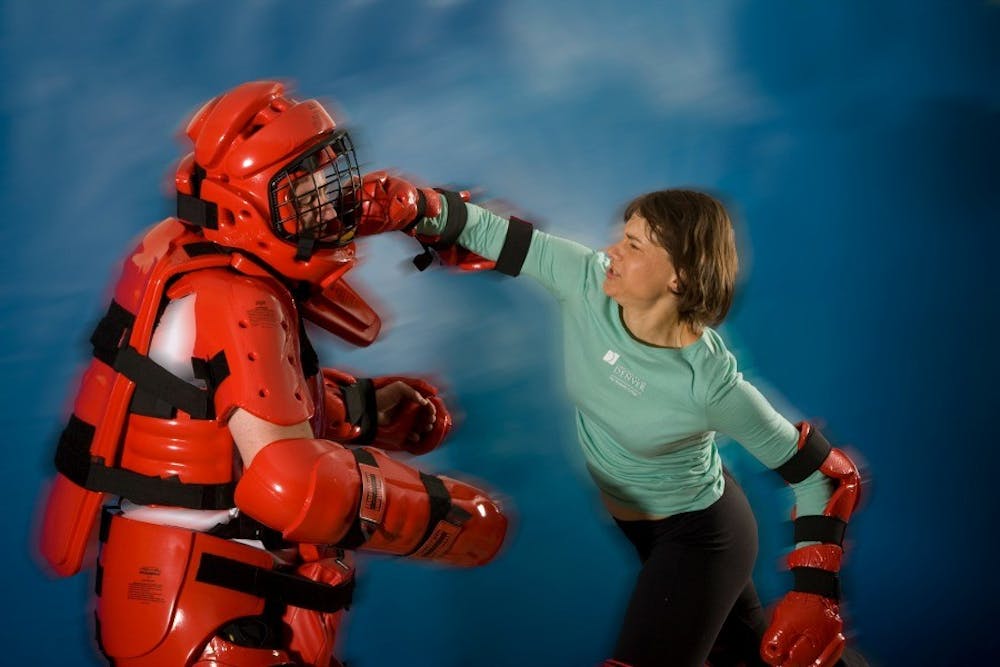Throughout my life, I have always struggled with being a realist and an idealist. Naturally, there is some gray area that exists in the realms of idealism and realism - things are rarely black or white, this way or that way (unless you're pregnant or dead, there's not a whole lot of wiggle room there).
There's definitely a time and a place for realism and a time and a place for idealism, and unfortunately the appeal of idealism tends to disguise itself as usefulness in aspects of life and issues within society.
Sexual assault is no place for idealism.
I've seen countless articles, posters and any other form of propaganda imaginable about how we should "teach people not to rape," as opposed to teaching people how to defend themselves in case of an attack.
Until recently, I, too, was a huge promoter of teaching people not to rape and teaching people what exactly sexual assault means as opposed to teaching people how to prevent it or defend themselves from it.
The problem is, rape isn't like calculus. There's not a formula or a book out there explaining the steps and reasoning, and it's also something that is inherently wrong; not everyone knows how to derive a polynomial, but figuring out that raping someone is wrong isn't something you need to figure out - it's just wrong.
The whole "teaching people not to sexually assault another person" movement implies there is some ambiguity in the morality and ethics behind sexual assault, as if it's something that needs to or can be taught.
There is no ambiguity in rape. It's wrong, end of discussion. This is knowledge that every person of sound mind and body is aware of. Unfortunately, even with that knowledge, rape is still a crime that is disgustingly and abundantly present in our society.
Teaching people not to rape one another, while a noble idea, is also an illogical idea. Whether or not it's just or how things "should be," the reality is that we need to teach people how to defend themselves from perpetrators and how to effectively deal with the aftermath of sexual assault if or when it happens.
This idealistic approach to combating sexual assault is quite possibly working against the fight to end sexual assault. It feeds into this idea that people either don't know what sexual assault is or don't know that it's inexcusable.
The reality is, people know what sexual assault is and know that it's inexcusable, and people will continue to sexually assault others regardless. It's not a pretty reality, but it is reality.
Rape and sexual assault in and of themselves are inherently evil and will always be inherently evil. It's also common and not something that will simply go away - realistically speaking, it will probably never be totally eradicated.
And if we do get to a place where these evils are eradicated, it's not going to be achieved by handing out pamphlets and writing books and articles and speeches about how "You really shouldn't force yourself upon people."
Someone being able to effectively defend themselves from an attacker and someone having faith in both the civilian and military justice systems is and will continue to be infinitely more effective in combating sexual assault as opposed to teaching people not to do it.
People know not to do it. It is evil and it is wrong and it is also still going to happen. It is an awful reality, but we're better off preparing for and defending against what will happen than creating an illusion of control through idealistic methods of "teaching."
Carly Berndt
berndtcn@miamioh.edu

